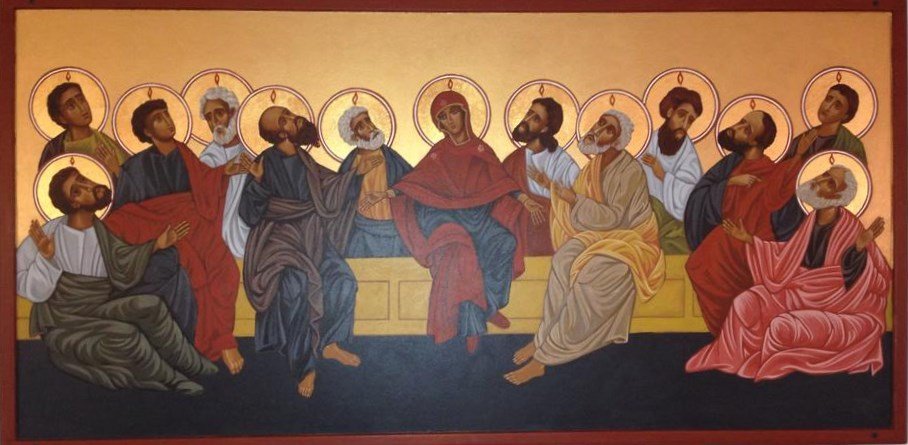 As we complete this fifteenth week after Pentecost, our first reading is taken from the fourth chapter of Paul’s second letter to the Church in Corinth. He presents the idea that the life within us can be seen as similar to light. He writes:
As we complete this fifteenth week after Pentecost, our first reading is taken from the fourth chapter of Paul’s second letter to the Church in Corinth. He presents the idea that the life within us can be seen as similar to light. He writes:
For God, who said, “Let there be light in the darkness,” has made us understand that it is the brightness of his glory that is seen in the face of Jesus Christ. But this precious treasure – this light and power that now shine within us – is held in a perishable container, that is, in our weak bodies. Everyone can see that the glorious power within must be from God and is not our own.
What a truly wonderful description of human life. It is similar to the description that persons, who have had near-death experiences, have felt to be God. He is truly the “light” of life in a real sense. He has, according to our belief, brought, through the Person of Jesus, light of knowledge into our world – that is knowledge about the real meaning and purpose of life.
Our second reading, which comes from Matthew’s Gospel, relates an encounter Jesus had with a lawyer who was attempting to trip Him up. He asked Jesus, Teacher, which is the most important command in the Law of Moses?” Jesus very astutely answers:
Love the Lord your God with all your hear, soul and mind…. And your neighbor as much as you love yourself. All the other commands and all the demands of the prophets stem from these two laws and are fulfilled if you obey them. Keep only these and you will find that you are obeying all the others.
This is, in truth, a summary of the teaching of Jesus. It gives true light to a world that is often filled with the darkness of hatred, bigotry and prejudice. When love is present, God is present.
While this idea of Jesus seems so very simple and true, it seems that humans resist living in this manner because, it is my belief, we don’t always love ourselves. If we truly loved ourselves, we could not judge others, hate others, disregard others and defame others. Why? Because, in essence, we do the same to ourselves when we treat others in this manner – when we envision the “light” of God’s life within us, and therefore within all others, we can only stand in awe. If we cannot see God’s life in others, how can we imagine God’s life in us?
God revealed to us through Jesus that love of God, self and others are intimately and intricately intertwined. They cannot be separated.
